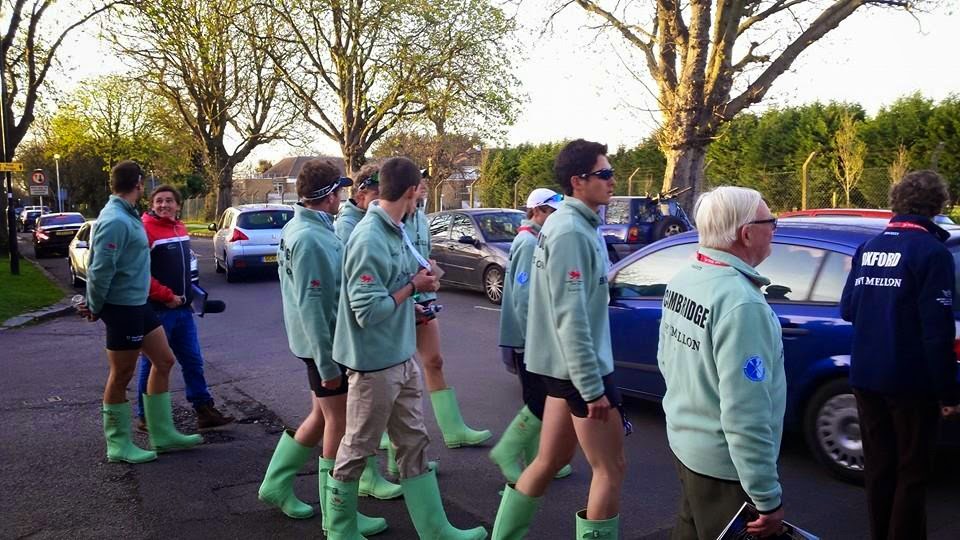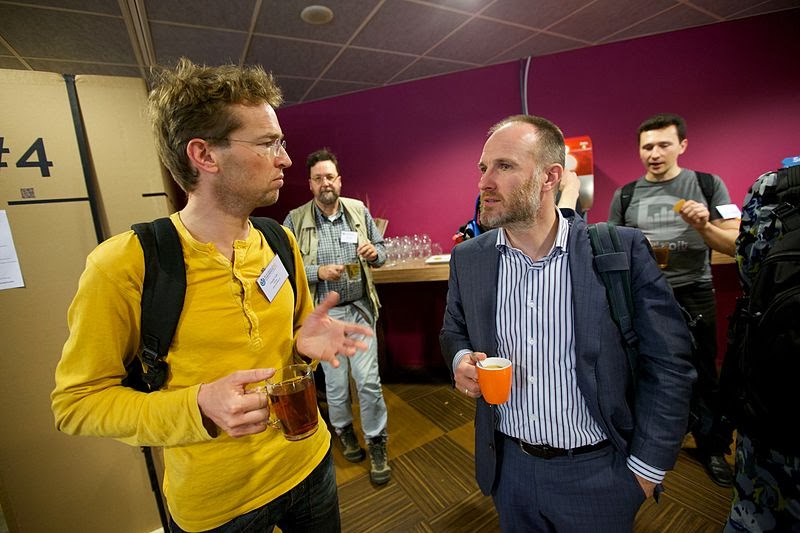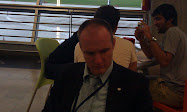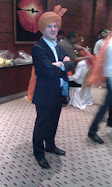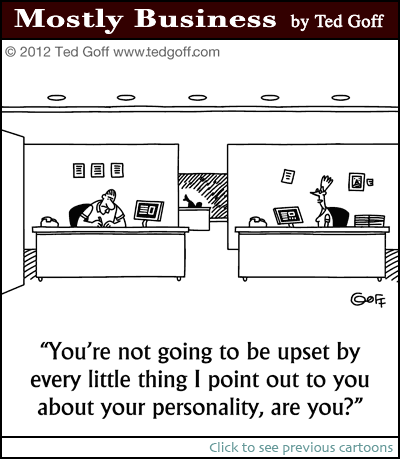The Wall Street Journal, the second biggest newspaper in the US (after USA Today) has a new managing editor, Marcus Brauchli. Very openly, Gordon Crovitz, executive vice-president Dow Jones, laid out the criteria that were used to find the suitable candidate. Almost all the below criteria could be used in a search for any top manager, whether working in a newsdepartement or somewhere else.
1. Integrity is the first requirement and is non-negotiable. Marcus has complete personal integrity and is absolutely committed to the integrity of the Journal and our news operations.
2. Independence: As you know, there are frequent pressures put on the Journal; you should also know that only Paul Steiger knows about some of the pressures that are exerted and shields you from them. Our managing editor must be able to keep the Journal independent from pressured applied by CEOs, politicians, government officials and others. Likewise, the managing editor must ensure that we never follow accepted wisdom or are guided by the opinions of any "media class." In an era of pack journalism, this is a real challenge-and for the Journal this is a great opportunity even more to stand apart and often alone.
3. A managing editor must be a
great journalist. You can catch up on Marcus's clips at your leisure, but let me highlight that being a great journalist now means not just the traditional standards for news
excellence, but also how we tell the stories and give the news, analysis and interpretation to our readers however, whenever and wherever they want it. Just as none of you any longer is just a "newspaper" journalist, the next managing editor must
lead the Journal in all its forms, print, online and through digital channels
yet to be invented.
4. The managing editor must
connect intimately with readers and online users. Marcus showed during Journal 3.0 that he truly understands how very different our readers' needs are today than even a few years ago. The print Journal must move to even more differentiated, "what does the news mean" and only-in-the-Journal coverage, while the Online Journal must become even more the place for what's happening right now.
5. The next managing editor must have
effective newsroom
leadership. Marcus has an excellent record as a change agent, whether Journal 3.0, the repositioning of the overseas Journal as compacts, the global news desk or the speedy system. In an era of change, we must embrace change; Marcus will be a change agent, as Paul was before him.
6. Finally, the next managing editor must
interact well with other news departments and with other functions across the company. Marcus has worked at Newswires and at the Journal, in Europe, Asia and the U.S. He's also worked very productively with our advertising, circulation and other business departments, always protecting church and state.



 Our new distribution team in Rome, Emilianpress, will take me to the printplant in Carsoli.
Our new distribution team in Rome, Emilianpress, will take me to the printplant in Carsoli. 23.00h: printplant in Carsoli, 78 km from Rome:
23.00h: printplant in Carsoli, 78 km from Rome:












